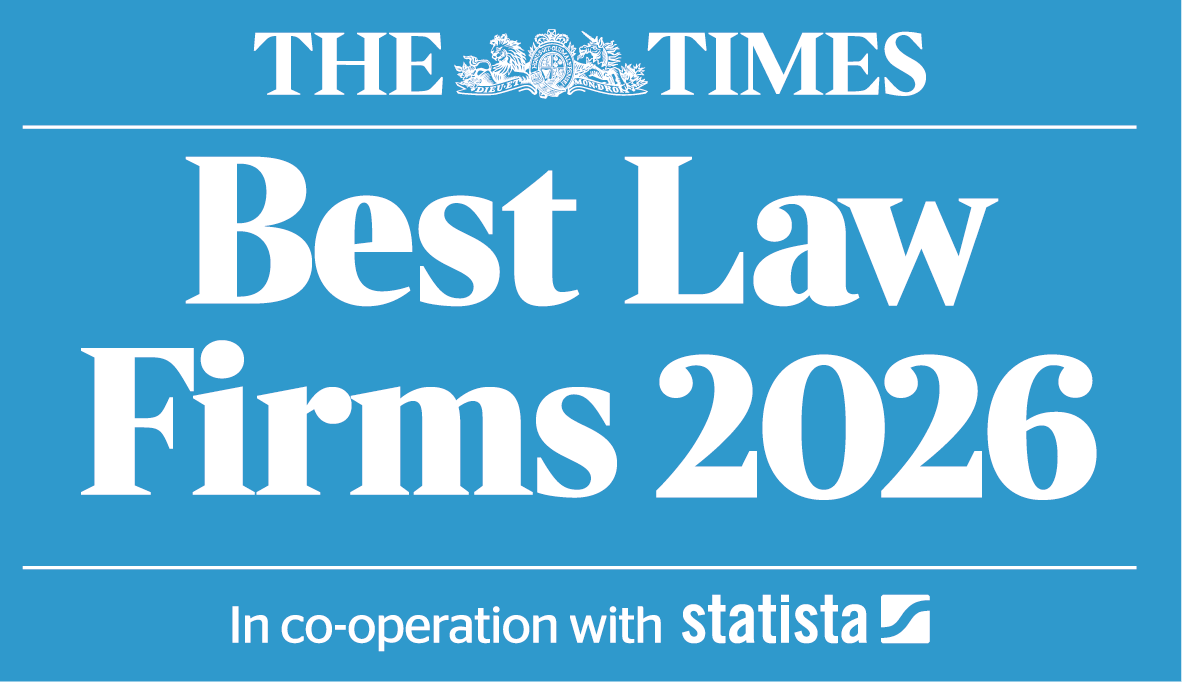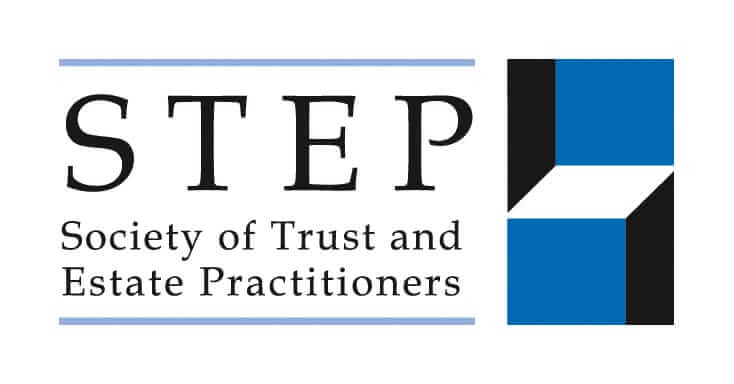We can help you and your loved ones plan for a tax-efficient future. Our experienced and specialist solicitors regularly advise on income tax, capital gains tax and inheritance tax, helping to reduce or defer tax liabilities.
Tax law is becoming increasingly complex and the rules are constantly changing. We understand the pressures on your time and the need to protect your hard-earned money, property and possessions. We can simplify what may seem a complex and daunting process so you have one less thing to worry about.
Our clients have their own unique set of circumstances and goals. You can be confident our tax planning solutions will be tailored specifically to your needs.




















